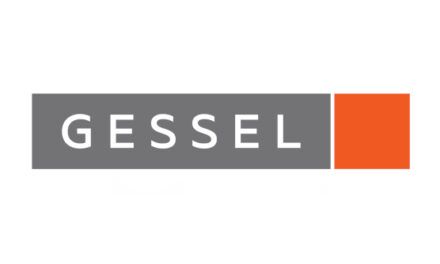
By Katarzyna Chwalbińska-Kusek, head of ESG and Sustainability at Savills Poland

ESG was without any doubt the term of the year 2022 in Poland, and it is here to stay for the years to come. The number of people with ESG titles has accelerated with a high speed but unfortunately it is often a new title added to the old roles and isn’t matched with the right skill set. The skill gap is a weakness that stops companies from proper sustainability implementation and ESG alignment.
The key trends that we see in the Polish market include focus on sustainability reporting, focus on Net Zero as all the new buildings will need to be zero emissions from 2028. To be attractive today, buildings do not only need to focus on energy efficiency due to rising energy prices but also on a more holistic approach to ESG related aspects. I would also like to add one more trend very visible in the Polish market which is the rising awareness of greenwashing. So – here they are – the Top Ten trends.
- Sustainability reporting
2023 is set to be a pivotal year in sustainability reporting and disclosure. We are seeing sustainability reporting move from being largely voluntary to becoming a regulatory requirement. In particular, the collective impact of the proposed US Securities and Exchange Commission and EU Taxonomy and ISSB standards, among others, will likely stretch beyond the large corporates and investment funds doing the reporting.
- Climate risk
The property sector must get ready for a future where the financial performance of an asset might be starkly impacted by our increasingly changing climate. Standard listed issuers, certain publicly quoted companies, large private companies and LLPs are required to publish the first Task Force on Climate-Related Financial Disclosures (TCFD) aligned disclosures under the new FCA rules and companies’ regulations this year.
- Net zero carbon building standard
The UK Net Zero Buildings Standard (UK NZC) will provide a benchmark standard for decarbonising the UK built environment. A single methodology for net zero will apply to new and existing buildings including, but not limited to, homes, offices, retail, higher education, and heritage buildings and will bring clarity and sector wide consensus on net zero.
- ‘Selling’ sustainability
Sustainability credentials could be the key to maintaining profitable real estate by helping troubled asset classes, such as retail, appeal to an increasingly sustainability-led audience.
- Inflation and sustainable lifestyles
The cost of living crisis provides both opportunities and barriers when moving towards sustainable lifestyles. While costs of sustainable products and resources, which often come at a premium, might now be out of budget, the incentive to save energy and rationalise supply chains has never been greater.
- Sustainable finance
Green bonds and sustainability-linked loans are increasingly popular and rising interest rates and the rising cost of debt in general is likely to further drive the use of sustainable finance products, which will focus property investors’ priorities towards sustainability.
- Biodiversity
Biodiversity is finally hitting the headlines thanks to the United Nation’s Biodiversity Conference (COP15) in late 2022, which set out an ambitious plan of broad-based action to halt biodiversity loss by 2030. The full framework for market adoption of the Taskforce on Nature-related Financial Disclosures (TNFD) is due for release in September 2023 and aims to enable organisations to report and act on evolving nature-related risks and opportunities.
- Skills gap
Sustainability specialists and professionals with sustainability experience, are in high demand. As we move towards a green economy the need for skills and capabilities is ever increasing. In order to meet the challenges ahead existing workforces will require upskilling and future generations of talent must be invested in.
- Energy prices
The war in Ukraine has led to an unprecedented increase in energy prices and costs will remain high throughout 2023. Indirectly, this will incentivise energy efficiency and make onsite renewable energy sources more attractive.
- The death of offsets
Recent analysis has shown that more than 90% of rainforest carbon offsets by biggest provider are worthless and in some cases could make global temperature rises worse. Offsets have been used for some time to support net zero and emissions reduction claims, when most of these credit systems do not represent emissions reductions at all. There is now an opportunity for a transition from offsetting to nature-based solutions locally.
Author
-

Founded in the UK in 1855, Savills is one of the world's leading property agents with 600 offices across the Americas, Europe, Asia Pacific, Africa and the Middle East offering a broad range of specialist advisory, management and transactional services.



























